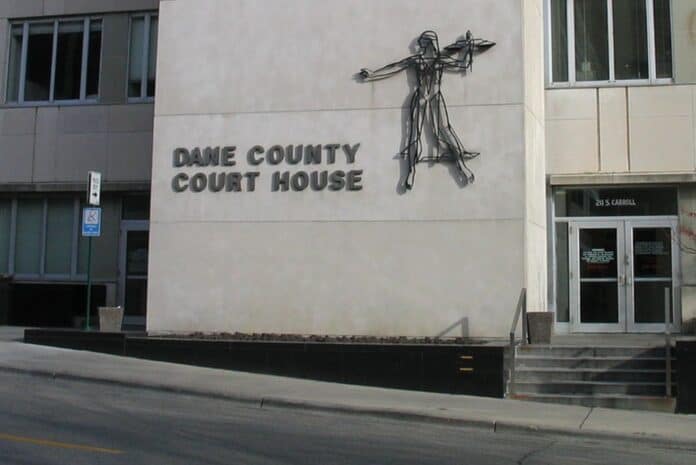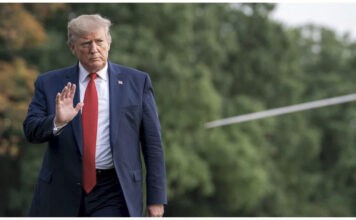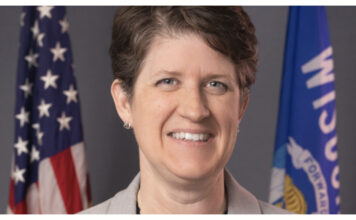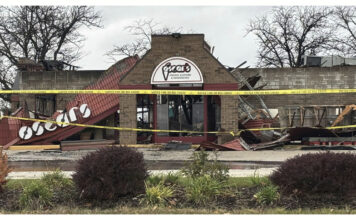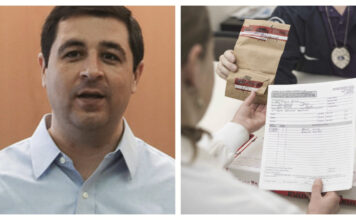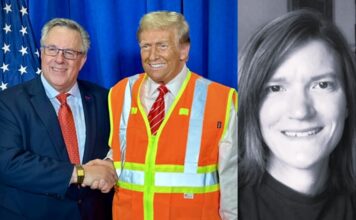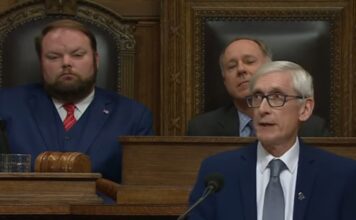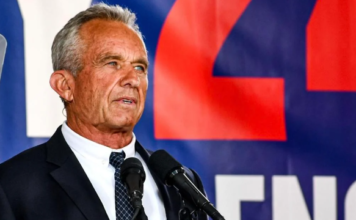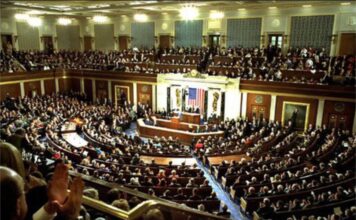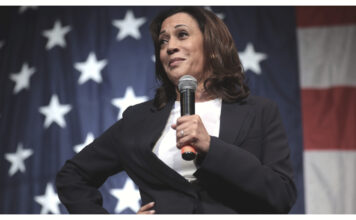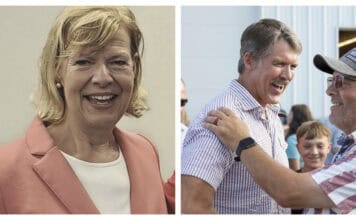As the upcoming Presidential Primary looms, attention rightly centers on the federal government. The televised debates have provided some education (and entertainment) as we watched candidates criticize each other’s personalities, mannerisms, policy proposals, and even gaffes.
However, the 2024 Presidential election carries immense significance, with the sobering prospect of another term under Sleepy Joe’s administration causing concerns about further encroachments on freedoms, an increasingly weaponized government, open borders, and the fervent push for diversity, equity, and inclusion (DEI) at the highest echelons. This is a deliberate general erosion of America’s foundations—an outcome desired and welcomed by progressives.
The heightened focus on the “Fed” stems from the realization that We the People depend on the federal government to prioritize America’s interests—a responsibility it appears to have faltered in fulfilling.
Meanwhile, local elections are approaching quickly and they have nowhere near the attention that they deserve. It really ticks me off.
All politics start locally. While we are understandably fixated on national elections, it is crucial to remember that local elections are equally important. Local politics, more so than national politics, often deal with issues that directly impact people’s daily lives, such as education, public safety, and local infrastructure. Neither Biden, Haley, Trump, nor Binkley will plow University Avenue during a snowstorm.
In my county, Dane County, taxes have spiked by 14%. The board passed a nearly $1 billion budget for 2024, earmarked for public housing, pay raises, and a range of “diverse ideas” and social safety nets. Notably, last June, Dane County became the first in the nation to declare itself a sanctuary for trans and nonbinary people.
While we post our predictions for the primaries on X and Facebook, the largest landowner in Dane County, the county itself, continues its land acquisition spree. This trend is forcing farmers out of the land market, as only the county can afford the steep prices, sometimes reaching as high as $11,000 per acre. Consequently, farmers are compelled to seek land outside Dane County. With the increasing acquisition of land, the amount of taxable land diminishes, shifting the financial burden onto the residents.
None of what is happening in Dane County should be surprising given that out of 37 seats on the county board only one is held by a conservative—Jeff Weigand of District 20. When asked about the biggest challenges on the board, he notes that he often has no one to second his motions. This means his suggestions or ideas cannot even be put on the table for debate. Despite common belief, Dane County is not entirely progressive, and conservative voices are denied representation on the board due to this ideological disparity. So much for diversity, equity, and inclusion!
Is anyone paying attention or are most people concerned with Dixville Notch, NH?
Having a “deep bench” in politics refers to having a well-qualified and diverse group of individuals within a political party who are ready and able to take on leadership roles. A deep bench implies that there are committed and experienced individuals at various levels of government, from local to national, who can step into key positions, run for office, or contribute effectively to the party’s objectives.
Tammy Baldwin serves as an impressive example of how Democrats have utilized a deep bench. She began in politics by filling a vacancy on the Madison City Council for one year. Subsequently, she progressed through various positions, including Dane County Board Supervisor, a member of the Wisconsin State Assembly representing the 78th District, and then the US Representative for WI 2nd Congressional District.
In 2013, Baldwin assumed office as a US Senator, succeeding Democrat Herb Kohl. After her tenure in WI 2nd Congressional District, Democrat Mark Pocan was elected to that position. Before being elected to Congress, Pocan served in the Wisconsin State Assembly representing the 78th District. Prior to that, he was a Dane County Board Supervisor. Do you see a pattern? At some point, Republicans fell off the bench.
On April 5, 2022, only 10 out of 37 board seats were contested. Eleven supervisors chose not to seek reelection, and 11 new candidates ran unopposed. Notably, these unopposed and new candidates were not conservatives. The Dane County Board of Supervisors has been a consistent source of talent for progressives, contributing to their deep bench over the years.
The Dane County Board website even celebrates (progressive) individuals who have moved through the ranks and acknowledges that the board is an incubator of future leaders:
Individuals who have first served on the Dane County Board of Supervisors have gone on to serve in the United States Senate, Congress, the Wisconsin Legislature, as Wisconsin cabinet secretaries, and in countywide and citywide positions. The leadership skills and familiarity with policy developed on the local level has served as a launching pad for higher office. Additionally, members of the County Board who have served as County Board Chair hold important perspectives on how to move policy and programs forward.
The number of uncontested seats makes Dane County ripe for progressive incubation. However, Dane County is not the only county in Wisconsin to have less than optimal participation in local elections. 67% of local races and 22% of state legislative races went uncontested in 2022 according to Ballotpedia. In 2020, 18 Assembly Representatives and five State Senators were elected without having to campaign and compete for Wisconsin voters. Uncontested elections are not a sign of a functioning healthy democracy.
Donald Trump and Nikki Haley have emerged as the last two viable candidates, with a nod to Ryan Binkley, a less-known contender who is still in the primary. (He came to visit us here in Dane County. Thank you, Ryan.) Many of us have horses in the race—some still contenders, others having dropped out, and a few even becoming support animals for those still in the running. Heavyweights like Chris Christie, Vivek Ramaswamy, and Ron DeSantis have suspended their campaigns, leaving a palpable friction between candidate factions.
The question lingers: after these national-level squabbles, can Republicans ever be friends again?
Yes! Let’s shift our attention to local elections, often NONPARTISAN, where figures like Trump, Haley, and even Biden become irrelevant. One’s preferred presidential candidate has no bearing on county taxes or snow plows on University Avenue. The border crisis has no impact on the price of farmland in the Town of Berry. Debates on ‘salt or sand on the streets?’ will never make it to the national stage. As far as I know, there is no razor wire on the boundary of Madison and Fitchburg.
The number of uncontested seats in Wisconsin is an opportunity for conservatives.
Republicans must begin the process of building a deep bench, a task that will span several years. In the upcoming April 2 local elections in Dane County, conservative candidates are stepping forward for positions in villages, towns, school boards, and county offices. Watch what happens in Dane County. This will be a good start.


